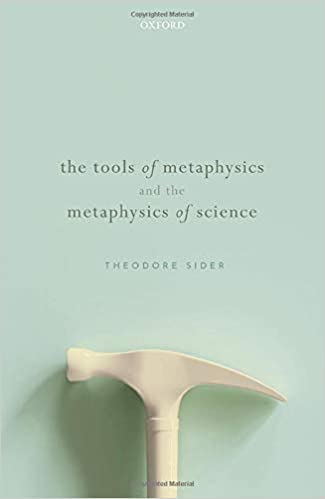Fall Semester 2021
This course is co-taught with Alberto Corti.
Meta-metaphysics deals with methodological and epistemological questions concerning the status of contemporary analytic metaphysics, such as whether metaphysics must be sensitive to results from the empirical sciences. The aim of the seminar is three-fold. First, to introduce the relevant background to do research in meta-metaphysics. Second, to give the students the instruments to craft a critical view on the status of metaphysics and its relationship to the empirical sciences. Third, to discuss some putative examples of metaphysical views which can be used as a tool to better understand scientific results.
Metaphysics -- the study of the fundamental structures of reality -- has been a central part of philosophy from its early day to our days. The focus of this semester’s seminar will be the epistemological status of contemporary metaphysics. In particular, the aim of the seminar is to discuss whether metaphysics is a legitimate way of inquiring nature, and whether it must be related to empirical science in order to be epistemically justified.
In the introductory part of the seminar, we will read and discuss some of the most influential papers concerning the epistemic legitimacy of metaphysics. In the second part, we will focus on Theodore Sider’s new book on the metaphysics of science. This books defends a view according to which contemporary analytic metaphysics is a necessary tool to understand the ontological content -- i.e. what they tell us about the world -- of our best scientific theories. In support of this view, Sider discusses several examples of currently open metaphysical debates which have direct impact on the philosophy of science and physics.
While some background in metaphysics and logic will be helpful, none is required to succeed in the seminar.
The seminar will be in English.
